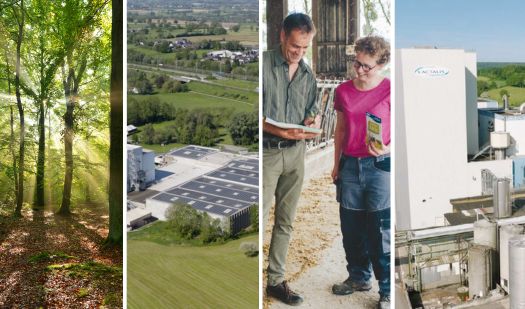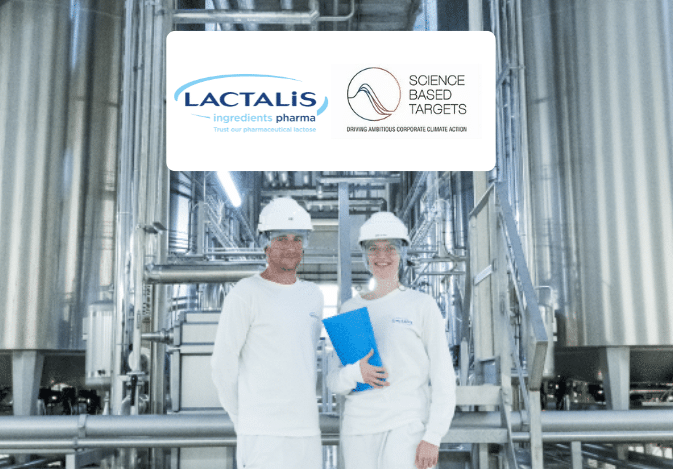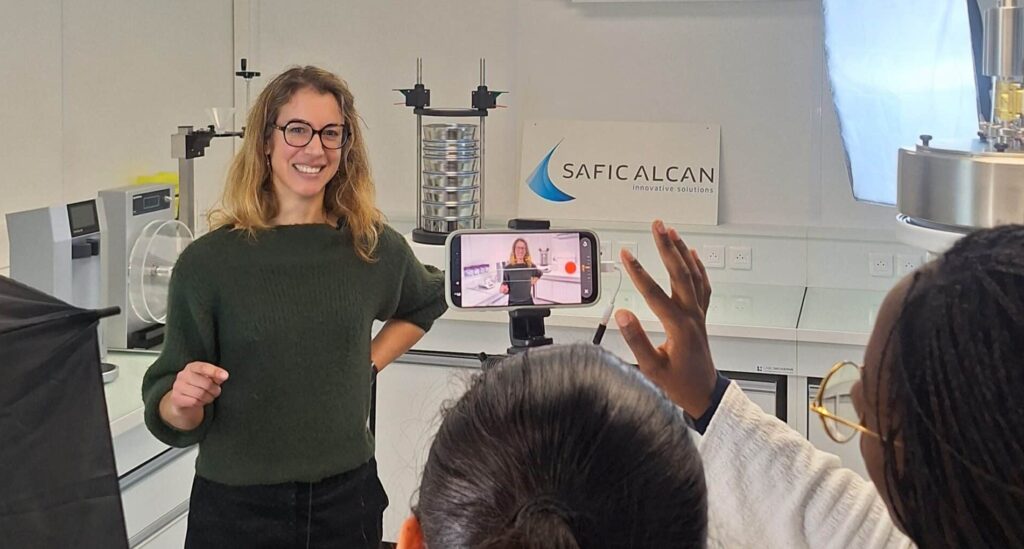Lactalis Group has recently obtained validation of its climate targets from the Science Based Targets initiative (SBTi). This recognition marks a milestone in the company’s commitment to achieving carbon neutrality by 2050, aligning actions with the scientific requirements of the Paris Agreement to limit global warming to 1.5°C above pre-industrial levels.
“The Importance of SBTi Validation”
The SBTi is an independent organization that helps companies set targets to reduce their greenhouse gas emissions in line with the latest scientific research. For Lactalis, this validation means that its climate ambitions are credible and based on solid scientific foundations.
Lactalis is committed to reducing its emissions across its entire value chain, covering Scopes 1, 2, and 3. These scopes respectively encompass direct emissions from its operations, emissions related to the production of purchased electricity, and all indirect emissions from its suppliers and customers. Between 2019 and 2023, Lactalis successfully reduced Scope 1 and 2 emissions by 10.3% through measures such as improving energy efficiency, transitioning to cleaner energy sources, and promoting renewable energy.
“Lactalis Groups Goals”
By 2030, Lactalis aims to achieve a 46.2% reduction in Scope 1 and 2 emissions compared to 2019. Scope 3 emissions, which represent the majority of the Group’s carbon footprint, are the focus of specific initiatives, including supplier engagement, the implementation of a roadmap for milk sourcing, and the evaluation of partner farms. Lactalis aims to reduce emissions related to Forests, Land, and Agriculture (FLAG) by 30.3% by 2030, using 2021 as the baseline year. Additionally, Lactalis is committed to ensuring that 73.8% of its suppliers and customers adopt science-based targets by 2028.

To guide its efforts towards carbon neutrality, Lactalis has defined four intermediate commitments:
- Eliminate deforestation by 2025: The Group recognizes the importance of forests for carbon sequestration and biodiversity and strives to preserve them.
- Reduce Scope 1 and 2 emissions by 2030: This involves continuing to improve operational efficiency and promote renewable energy, including modernizing the transport fleet.
- Reduce FLAG emissions in Scope 3 by 2030: Lactalis is implementing climate roadmaps for milk sourcing, conducting audits in partner farms, and training technicians to reduce emissions at the farm level.
- Engage and raise awareness among suppliers: The Group strengthens its relationships with partners through training and collaborative projects aimed at decarbonizing its value chain.

In addition to reducing emissions, Lactalis recognizes the importance of carbon absorption to achieve its carbon neutrality goals. It is committed to developing strategies for carbon sequestration in soils and biomass.
Lactalis’ efforts represent significant progress in the transition to a sustainable future. With this SBTi validation, Lactalis contributes to global efforts to combat climate change. The company’s proactive approach and dedication to sustainability set a benchmark for the industry, inspiring other organizations to follow suit.
For more information on its climate and sustainability actions, Lactalis regularly publishes reports on its progress, accessible in their brochure dedicated to the path to carbon neutrality.
Find the CSR report of Lactalis Ingredients 2024 here:







